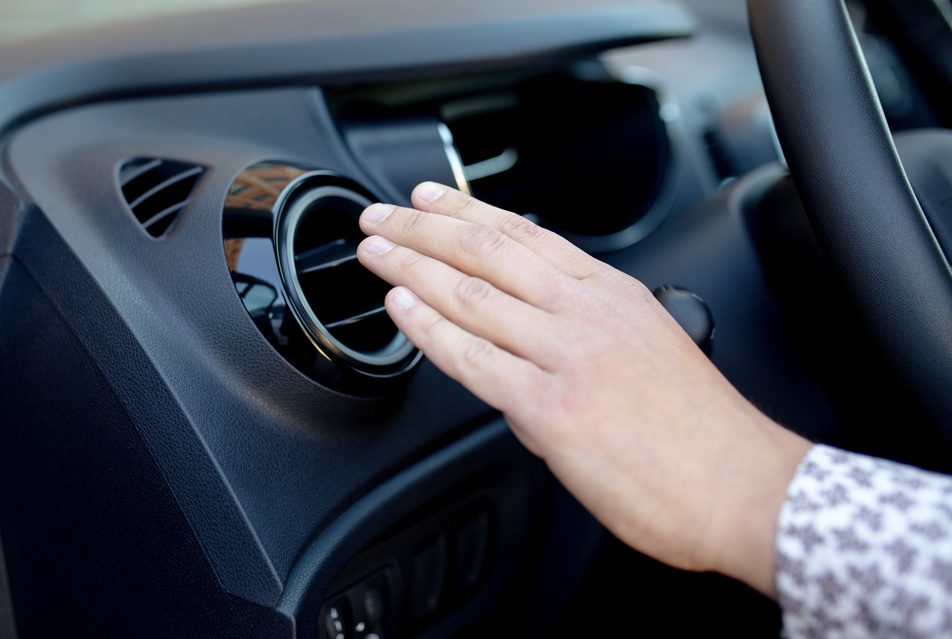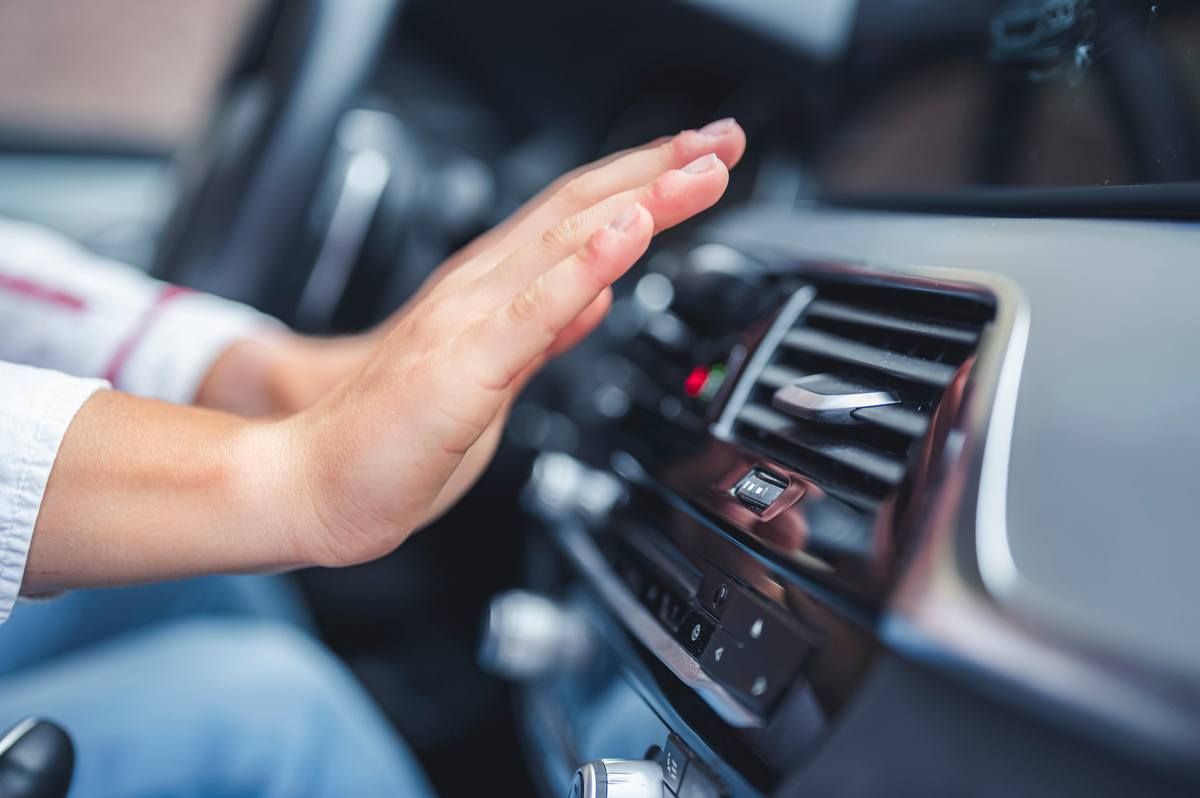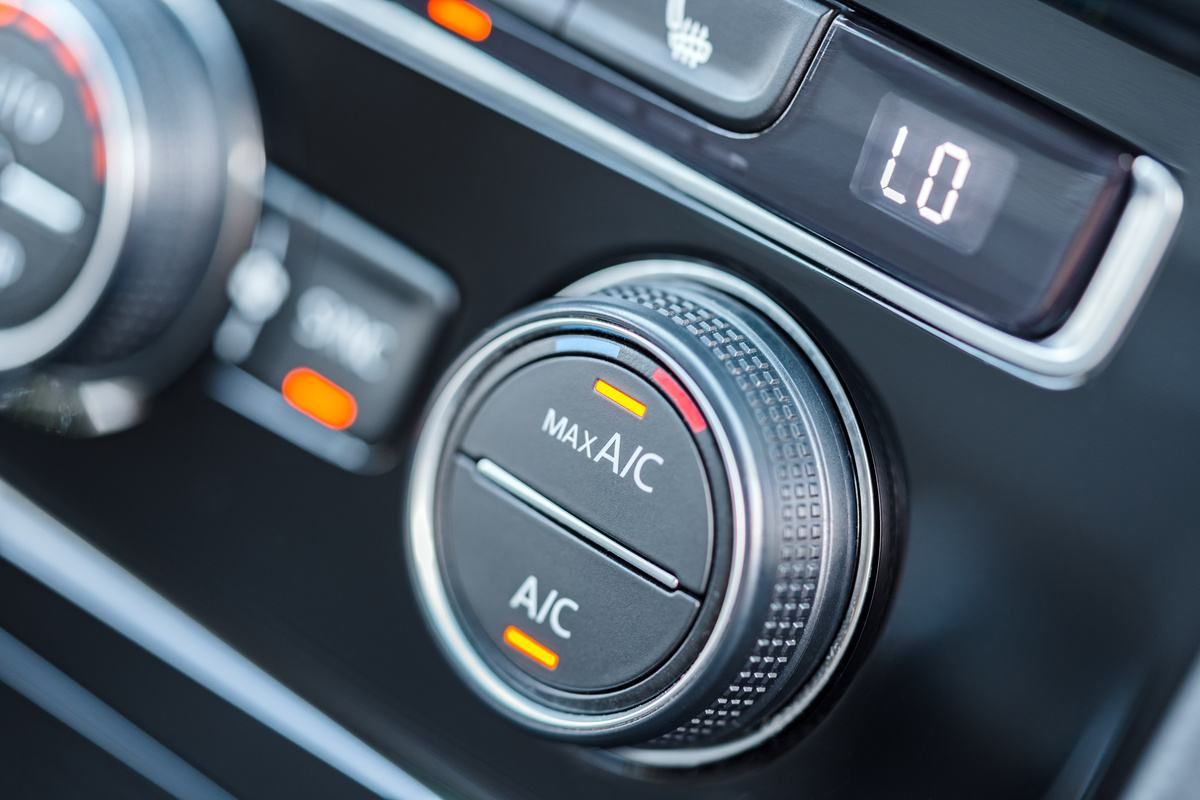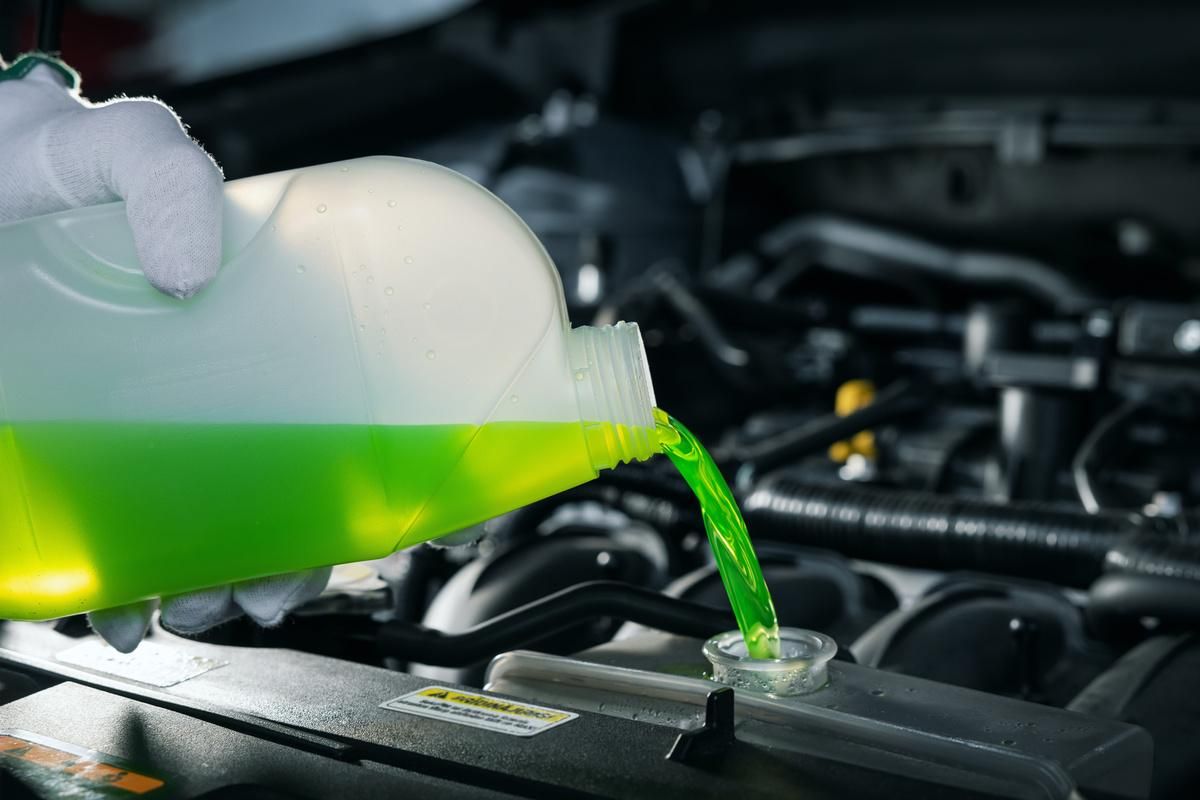5 Reasons Your Car’s Heater is Blowing Cold Air
-
Written by Eric Riddles
-
Published on February 19, 2020
-
Category: Heating/Cooling
Living an active lifestyle means sticking to a schedule that accommodates everything needed for you and your family to achieve your goals. A dependable vehicle is a key part of that equation, and when the temperature drops, you want the assurance that your car, and its heater, are functioning properly.

How A Car Heater Works
The moment you start your car, the engine begins to heat up and continues getting hotter as you drive. Some of the excess heat is lost through the exhaust system but the remainder is managed by the engine coolant. Once the vehicle has reached its normal operating temperature, the coolant circulates through the engine and transfers the heat to the radiator and heater core. A fan controlled by the passengers in the vehicle blows the heat from the heater core into the vehicle cabin.
Why Your Car Heater is Blowing Cold Air
It can be frustrating on a cold, winter day to turn on the heat in your car and have nothing but cold air blowing from the vents. There are several components in your vehicle's engine that work together to provide your interior heat, and one or more issues could be happening.
- If you don't have enough engine coolant, it won't be able to carry sufficient heat to your heater core to provide warm air. Have your air coolant levels checked. This could solve the issue immediately.
- The heater core could be malfunctioning. This component is responsible for all heating actions in your vehicle, including defrosting. Have your car’s heater core checked by a technician as soon as issues arise.
- The buttons and switches in your vehicle used to control the heat and fans are not exempt from wear and tear. After years of use they can break or get gummed up. You may need to have them replaced.
- Once your engine warms up, the thermostat should reflect this. If it stays in the "cold" zone due to a broken thermostat, it cannot signal the vehicle that the engine is warm. The coolant will fail to transfer heat to the heater core. Having a new thermostat installed solves this right away.
- Water leaks from any point in your engine will affect your vehicle's heater. Leaks can happen in the hoses, radiator, and water pump. These parts need to be checked by a professional to prevent engine damage and to ensure you have interior heat.
Regular Inspections For Peace Of Mind
At Custom Complete Automotive, we recognize the demands on your time and schedule. Through regular inspection and maintenance, our highly qualified team of technicians can provide you with the confidence that when things get frosty, your car heater will function when you need it most. To learn more about our services, contact us today!
Find an Auto Repair Shop Near You
We have multiple auto repair shops throughout Missouri located in Columbia, Jefferson City, and St. Louis.
Eric Riddles is an ASE Certified Master Automobile Technician who has been working as an auto mechanic since 1998 and originally joined the team at Custom Complete Automotive in 2005. Eric has numerous certifications in various aspects of car repair and spent 10 years training the next generation of auto technicians at a local high school Auto Shop classroom.


